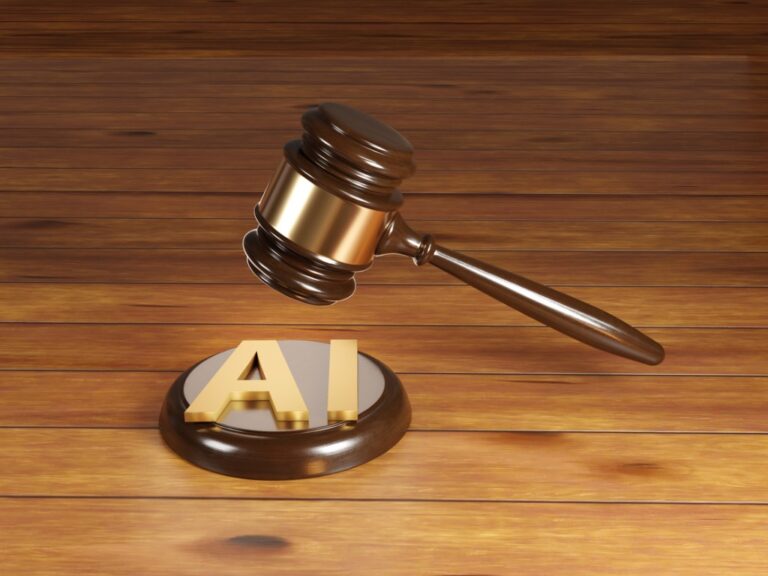The EU Artificial Intelligence (Al) Act Pioneers a Framework for AI Governance
May 1, 2024

The European Parliament’s approval of the European Union (EU) Artificial Intelligence (AI) Act on March 13, 2024, demonstrates a major step forward in AI governance. The Act aims to foster responsible compliance, safeguard fundamental rights, and stimulate innovation within the EU. Womble Bond Dickinson reports that it provides stakeholders with a framework for compliance, allowing time for alignment with its requirements while promoting responsible AI practices.
The EU’s adoption of the AI Act solidifies its leadership role in technology regulation, establishing a benchmark that will shape discussions globally on AI governance and regulatory tools for years to come and influence governments including the United States and AI companies worldwide.
The AI Act encompasses all AI systems used within or affecting the EU market. It categorizes these systems based on risk levels, with corresponding regulatory measures. Unacceptable AI systems, such as those employing manipulative techniques or targeting vulnerable groups, are outright banned. High-risk AI systems, which pose potential threats to safety or fundamental rights, are subject to stringent regulations, including pre-market assessments and conformity checks. For AI systems with limited risks, transparency measures are mandated to ensure that users are aware of AI involvement.
Providers of AI systems must adhere to significant compliance requirements, including quality management systems and post-market monitoring. Technical documentation and conformity assessments are essential components to ensure transparency and regulatory compliance.
The Act outlines a phased implementation timeline over 36 months, with provisions gradually coming into force. Continuous review and adaptation are encouraged to keep pace with evolving AI technologies. Noncompliance with the AI Act can result in fines based on a percentage of a company’s global turnover. Companies deploying AI systems within the EU must assess their classification under the Act’s risk hierarchy and establish robust AI governance programs to mitigate risks and ensure compliance.
Critical intelligence for general counsel
Stay on top of the latest news, solutions and best practices by reading Daily Updates from Today's General Counsel.
Daily Updates
Sign up for our free daily newsletter for the latest news and business legal developments.




